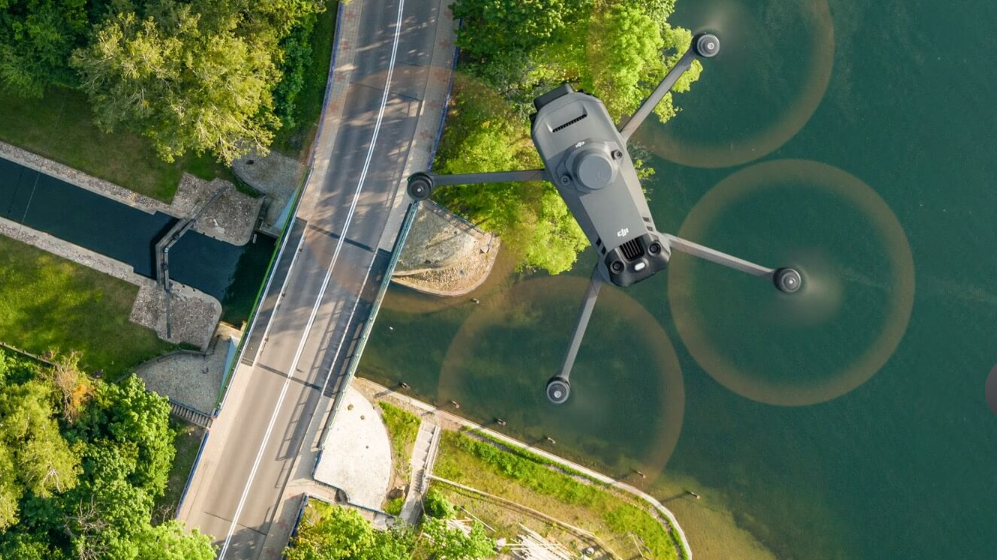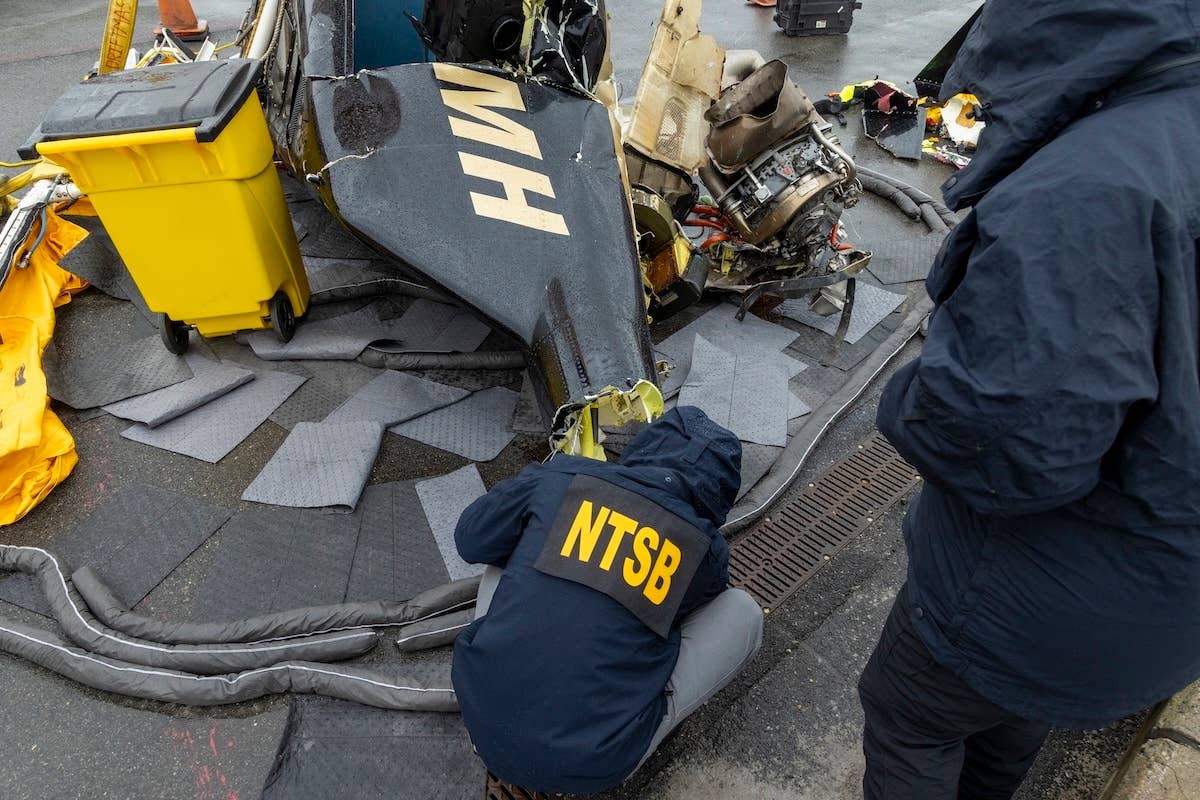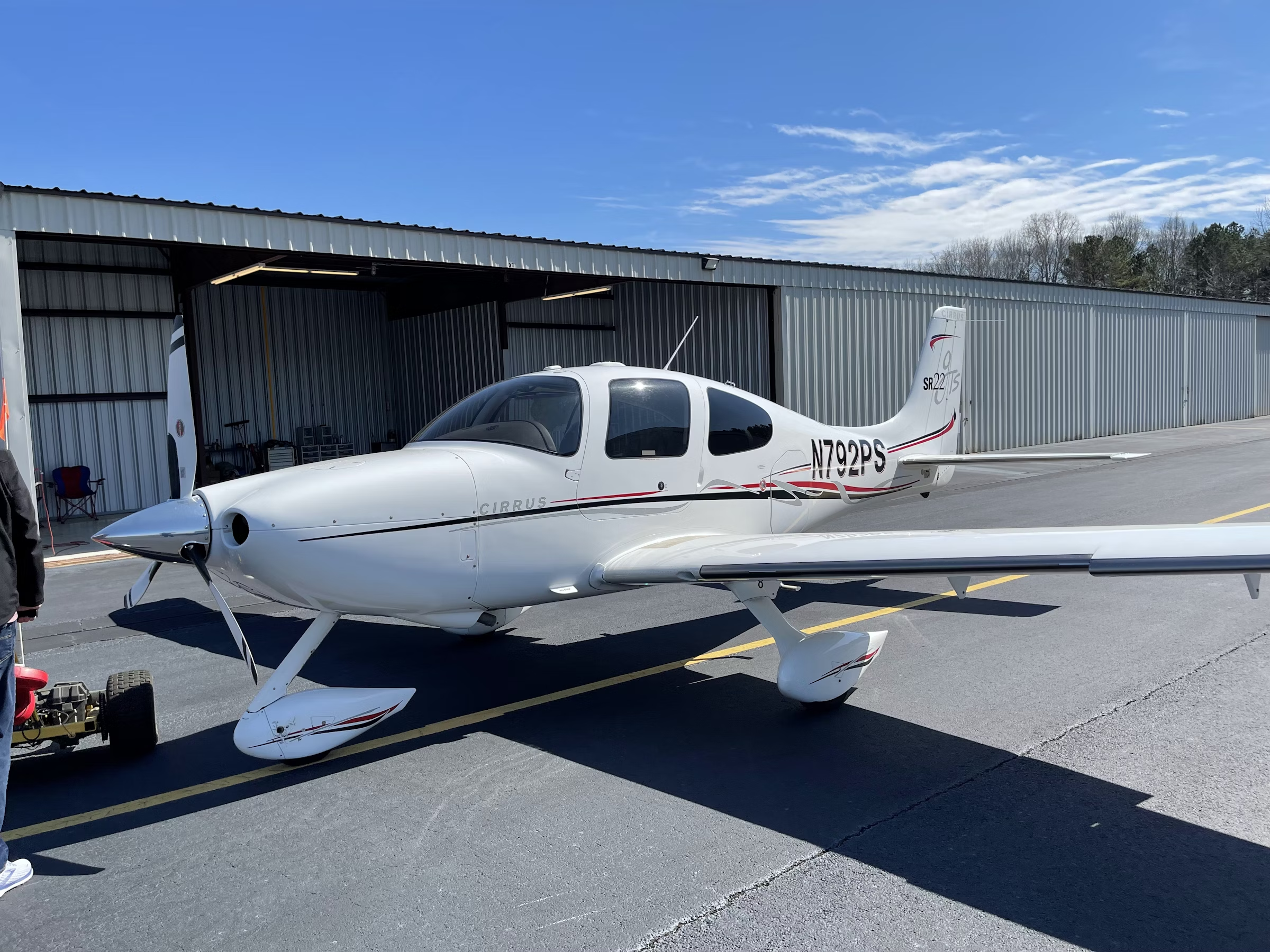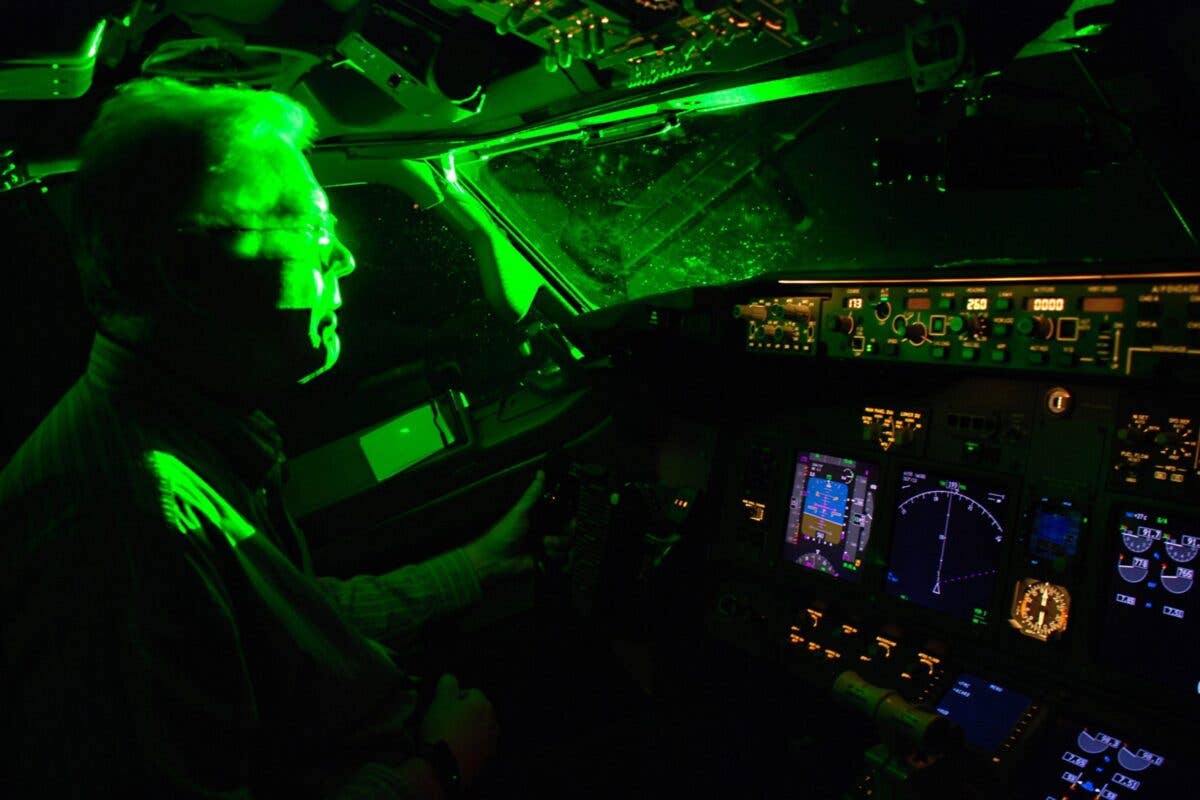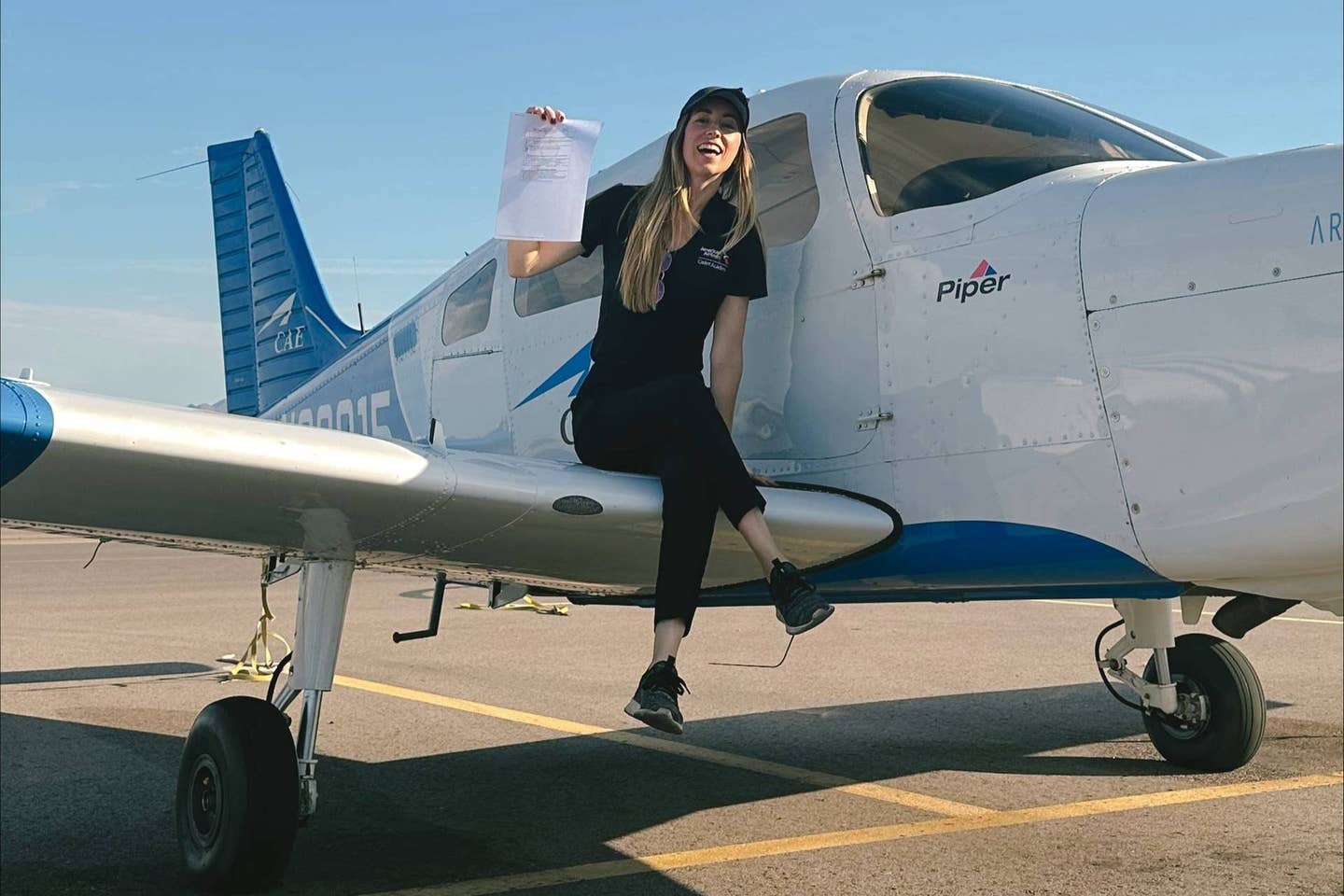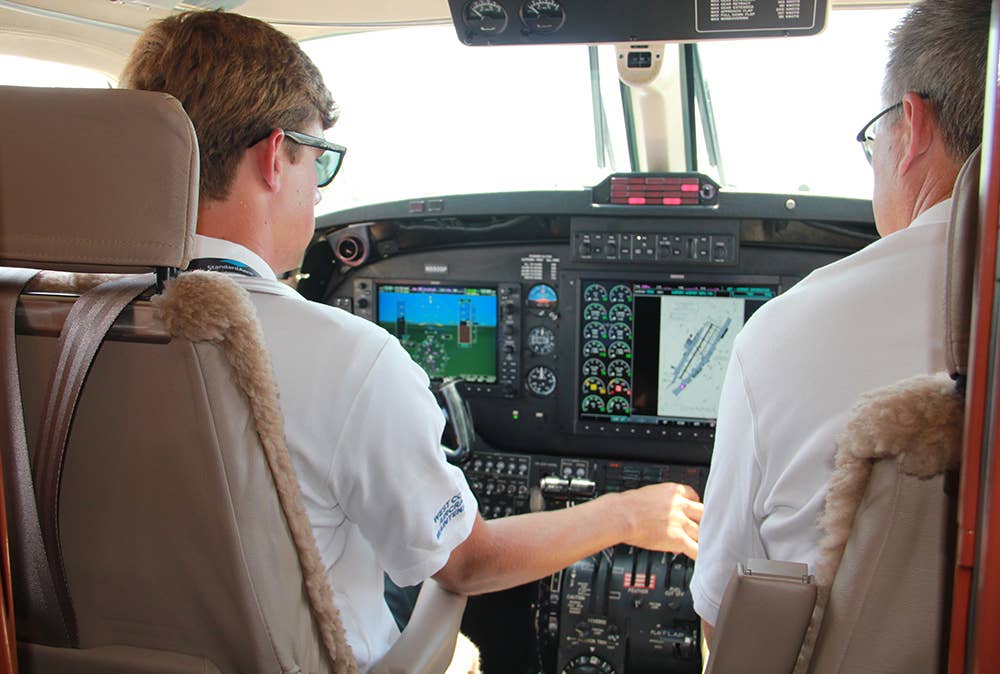Eve Air Mobility Launches Southeast Asia Electric Air Taxi Study
The air taxi manufacturer will work with Singapore-based private aviation firm Yugo to explore regulatory and infrastructure requirements for service in the region.
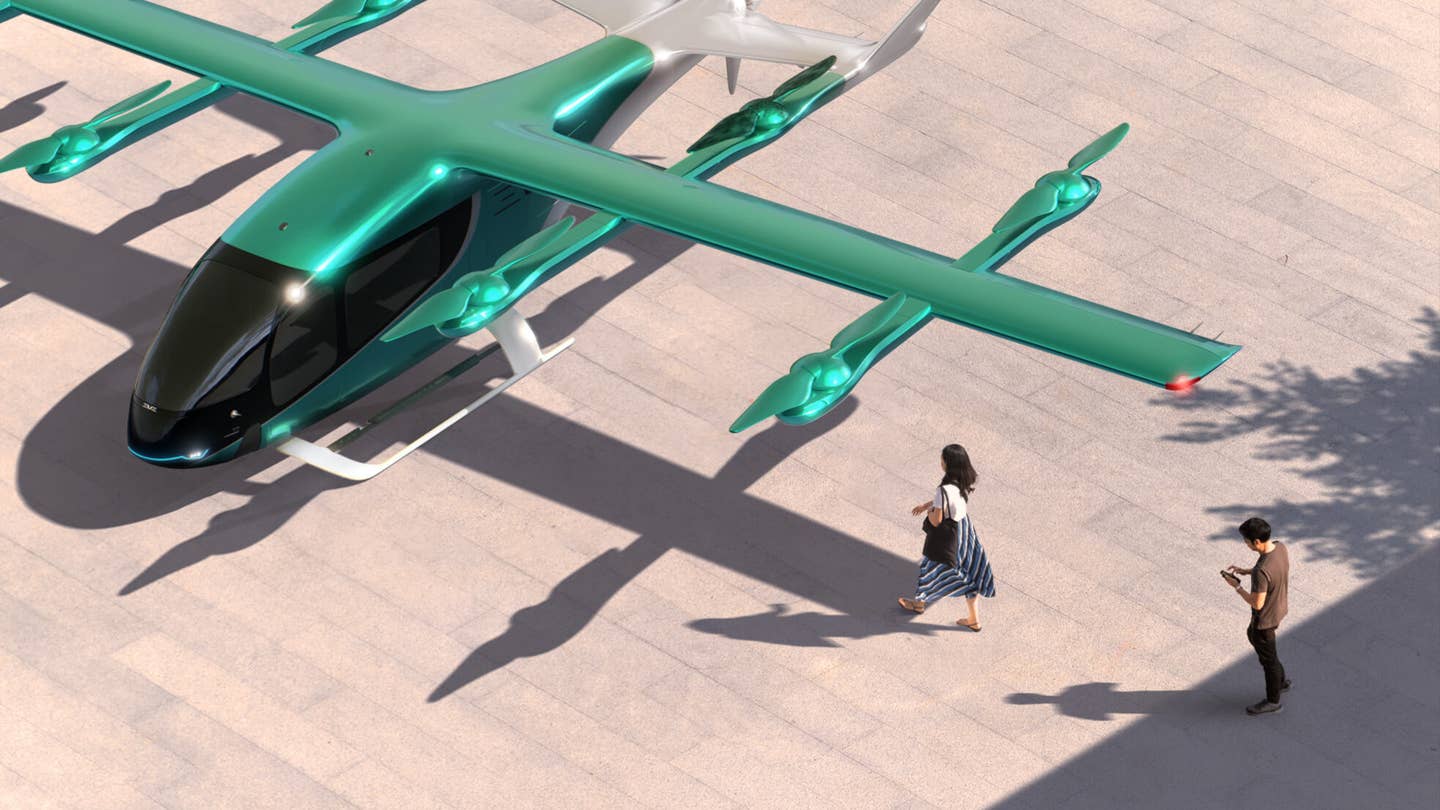
Eve Air Mobility will explore an ecosystem for its electric air taxi in Southeast Asia. [Courtesy: Eve Air Mobility]
The air taxi subsidiary of aviation manufacturing titan Embraer is eyeing Southeast Asia as a key launch market for urban air mobility (UAM) operations.
Eve Air Mobility—the manufacturer of an electric vertical takeoff and landing (eVTOL) air taxi designed for a pilot plus four passengers—on Monday announced an agreement with Singapore-based aviation firm Yugo Global Industries to study the potential for UAM and eVTOL flights across Southeast Asia.
A memorandum of understanding (MOU) signed by the partners calls for a specific focus on the infrastructure required to support air taxi operations. The partnership will also explore UAM regulations, the size and capabilities of planned service centers and vertiports, and other aspects of the ecosystem as needed, Eve said.
“We are looking forward to collaboratively working with Yugo to study and help define the UAM ecosystem in Singapore and Southeast Asia,” said Johann Bordais, CEO of Eve. “Our goal is to also understand and define a business model that not only enables eVTOL flights in the region but also advances the overall mobility ecosystem.”
The firm’s new partner, Yugo, is a private aviation network with a global presence but a focus on Southeast Asia. It primarily provides VIP, corporate, leisure and family, medical, emergency, and cargo flights for high net worth individuals, conglomerates, and multinational companies. The firm also works with local air transport operators, such as the Philippines’ PhilJets and Cambodia’s Helistar.
Yugo’s partner fleet comprises rotorcraft such as the Bell 505 Jet Ranger X helicopter and business jets such as the Gulfstream G650ER. It also includes aircraft from OEMs such as Airbus, Bombardier, Dassault, Cessna, Robinson, and Leonardo subsidiary AgustaWestland.
“We strongly believe that Southeast Asian economies will greatly contribute to the development of the eVTOL and UAM industry,” said Thierry Tea, chairman of Yugo. “Our collaboration with Eve will offer valuable insights into the essential requirements for regional air mobility development.”
The MOU with Yugo is the latest bid on the Asia-Pacific market by Eve, which on Monday reiterated its commitment to introducing UAM to the region. The manufacturer has also partnered with stakeholders such as Singapore-based air mobility provider Ascent and vertiport developer Skyports to build the ecosystem that will support its operations in Southeast Asia.
“These types of collaborations and agreements are a critical first step toward pursuing eVTOL flights,” said Bordais. “We are looking forward to working with Yugo and other key stakeholders as we begin this project.”
Eve in addition said it has begun construction of its first full-scale air taxi prototype, which it expects to begin testing this year. The lift-plus-cruise design uses eight lift rotors for vertical takeoff and landing and one push rotor for cruise, minimizing the number of moving parts compared to tiltrotor eVTOL designs. It’s expected to have a range of about 60 sm (52 nm) and a cruise speed of 100 knots.
Like its competitors in the eVTOL space, Eve is working with a long list of supplier partners that will provide aircraft components and systems, among them Thales, Honeywell, BAE Systems, and avionics OEM Garmin. It’s expected to debut a full-scale cabin mockup at the Singapore Air Show this week.
Eve claims its backlog of 2,850 aircraft preorders is the most in the industry, an assertion backed up by the most recent edition of SMG Consulting’s Advanced Air Mobility Reality Index.
Ahead of the company’s planned 2026 entry into service, the National Civil Aviation Agency of Brazil (ANAC) in December released proposed airworthiness criteria for the air taxi. These include the regulator’s proposed requirements for how the aircraft is designed and operated. Public comments are expected to close this month, and ANAC may make a few tweaks to the criteria before publishing a final document.
Eve pointed to a few developments in Southeast Asia that could help prepare the region for air taxi services by 2026.
The Philippines’ San Miguel Corporation, for example, expects to open the New Manila International Airport in 2027, while the Overseas Cambodian Investment Corporation (OCIC Group) is building Cambodia’s Techo Takhmao International Airport for a 2025 opening. Both sites are exploring charging stations, flight routes, and other considerations for flying taxis and electric jets to reduce carbon emissions. Singapore could be the next Asia-Pacific nation to look at UAM infrastructure.
“Singapore is the first mover in Southeast Asia for UAM, and this can provide neighboring countries a template to support further ecosystem development in the region,” Eve said Monday in a news release. “For instance, OCIC Group is partnering with [Singapore] Changi Airport and Singapore Airline Engineering, [the MRO subsidiary of Singapore Airlines Group].”
In addition to air taxi services, Eve expects to offer Southeast Asian customers access to a worldwide network of service centers through its relationship with Embraer. It is also developing a range of customer support solutions, including flight operations solutions, network optimization, data management, and eVTOL health monitoring.
In the U.S. Eve is eyeing operations with partner (and investor) United Airlines, with plans to launch in the San Francisco Bay Area in 2026. Further, it is collaborating with Blade Air Mobility to add service to South Florida.
Like this story? We think you'll also like the Future of FLYING newsletter sent every Thursday afternoon. Sign up now.

Sign-up for newsletters & special offers!
Get the latest FLYING stories & special offers delivered directly to your inbox

